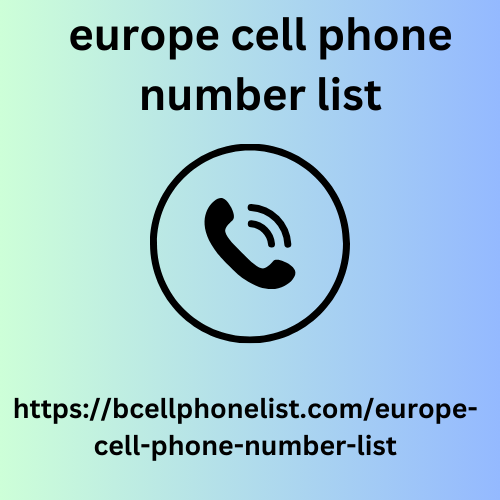Given your line of work, you probably don’t mind a little competition. But as sales expert Jeff Hoffman explains, trying to push a deal when a customer has three or more vendors to choose from usually doesn’t make sense. It’s not worth it.
Not only do your chances of closing the deal diminish with each direct competitor, says Hoffman, the fact that you’re up against so many other vendors means the process is still early. You’ll likely be working with a low-level employee rather than a decision maker.
And even if you decline a request for a quote, it doesn’t mean the opportunity is lost.
If your company was a serious contender, the manager will decide to come back to you and ask again. If you receive a second request, you will know that the potential client is really interested and you are not wasting your time.
4. They are hiding from you
Sometimes it seems like your potential client has disappeared off the face of the earth, hiding in nowhere. They stop responding to calls, emails, or social media messages. Eventually, you start digging through your bag and looking in your pockets, but they’re not there either.
This is a sure sign that you should probably stop trying. Sure, there’s a chance they’ll respond to the tenth email or eleventh voicemail, but let’s be honest, the odds are pretty slim. Plus, when you refuse to see that the customer isn’t interested in collaborating, you’re left with a cluttered sales funnel and unclear forecasts.
However, never respond in kind—don’t disappear yourself. End the relationship professionally by sending a breakup email. Brian Kreutzberger, founder of Breakthrough Email, says sending a permission email to “close your file” gives reps the opportunity to learn from the sale.
5. You are working with a coach, not a leader.
Your prospect always picks up the phone and schedules your meetings. You think life is good, right? Not necessarily. Talking is not enough: the prospect needs to be able to move toward closing the deal.
If your counterpart can’t introduce you to other stakeholders, talk about their budget, share their decision-making criteria, or answer questions about their needs, wants, and pain points, they’re likely a coach—someone who may be valuable within the context of their company’s internal politics and decision-making processes, but who doesn’t have the authority to influence the deal.
If you encounter such a character, you don’t need to cut off communication completely. You just need to find a champion – someone with access to the decision maker who will sell your product within the company.
Since you don’t want to burn any bridges, don’t suggest to the “coach” that he or she is useless. Instead, stay positive and ask who (besides him or her) should be involved in the negotiations. He or she will point out the people who europe cell phone number list can actually make a deal.
6. They don’t see your value
The salesperson’s responsibility is to inform the potential buyer by telling them about all the benefits of the offered product or solution. If your potential you compete with three or more suppliers customers cannot understand why they need your product and how it will help them achieve their goals, rephrase the offer, show specific examples, send them testimonials from your satisfied customers, etc.
But if you’ve tried and failed to convince them of the viability of your offer, it’s time to stop. Some will never get your message, and you’re wasting your time if you keep trying to get it across.
While they may ultimately accept your offer, it will be difficult (if not impossible) to negotiate a price. This is because they see your product not as a necessity, but as something that can be useful.
7. These are definitely not the ones you need.
If your product doesn’t help the prospect in any way, you have to walk away. After all, your mission is not about making a sale, but about providing the best solution to your customers.
Let’s say you sell online reputation management services to restaurants. Since your product isn’t really profitable for smaller businesses, you target restaurants with 20 or more locations. You get an inbound lead for a restaurant with only two locations. You soon realize that your services are unlikely to pay off for this company.
I don’t believe our product is the best znb directory solution. Instead, I recommend (alternative product #1) or (alternative product #2) because (reasons A and B).”
This answer will emphasize your reliability and solidity, which is why if a potential client’s restaurant chain is acquired by a larger chain, you will be the first person they call. But even if the client never does business with you, they will likely tell someone who does.
It’s never fun to turn down a potential client, even when you know it’s the best thing to do. But there’s a big upside. By walking away from potential clients who aren’t a good fit for your business, you’ll be able to focus entirely on the ones who are.


